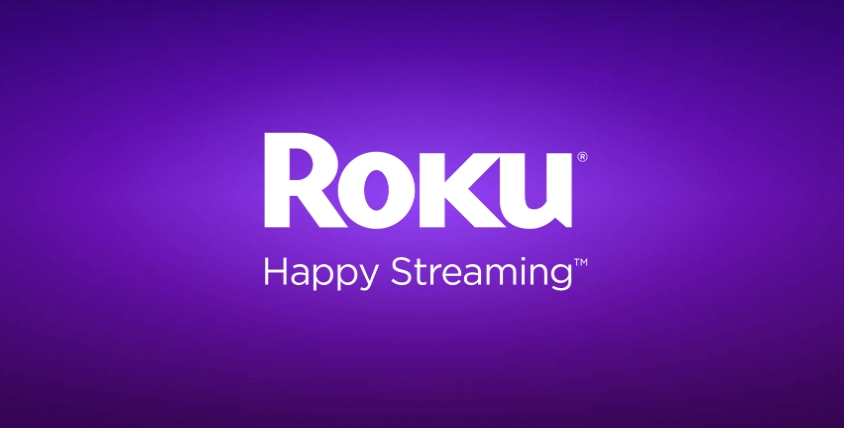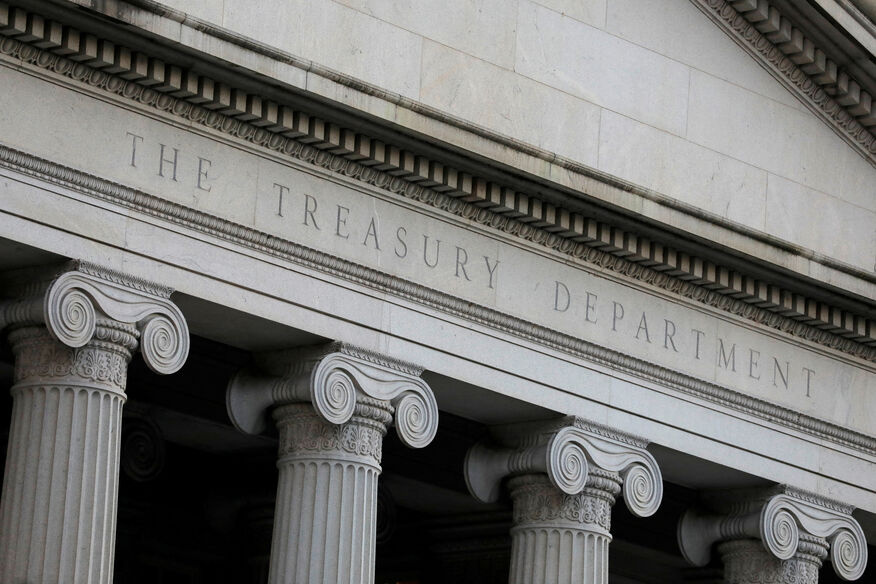[Reuters Analysis] A junk-rated US Treasury? Markets 'care' about that: Mike Dolan

By Mike Dolan
LONDON, May 20 (Reuters) - There are good reasons why markets took the latest U.S. credit rating downgrade on the chin, but that will offer cold comfort to investors warily eyeing the country's deteriorating fiscal health.
Treasury Secretary Scott Bessent has been at pains to insist that Friday's decision by Moody's to strip America of its remaining AAA sovereign credit rating was out of date, coming 14 years after S&P Global shocked investors by downgrading Uncle Sam.
He'll get few arguments there.
What's more, the move was well telegraphed. Moody's placed the U.S. Treasury on watch for downgrade as far back as November 2023. Little has changed to address fiscal concerns since then. Indeed, the major policy changes this year include plans to roll over tax cuts, only making the situation worse.
And then there's the long-standing argument that marginal shifts in the U.S. credit rating are not particularly material as long as an actual U.S. default remains far-fetched. There's no sufficiently large and liquid global savings alternative to Treasuries and strict AAA mandates among big institutional investors are largely a thing of the past.
Relatively modest bond, stock and currency reactions on Monday were understandable as a result.
The 30-year Treasury yield popped briefly above 5% early on Monday to its highest since 2023, but then quickly erased the move. And the dollar .DXY and U.S. stocks .SPX clawed back most early losses.
"These movements appear to be more indicative of market movement looking for a headline than a headline moving the market," claimed Morningstar strategist Dave Sekera.
A FEW NOTCHES ABOVE JUNK
But the problem with Bessent's 'who cares?' argument is that it doesn't account for the fact that the market thinks the U.S. credit rating should be far lower.
It turns out, investors really do 'care'.
Using credit default swaps pricing as an input, S&P Global's Capital IQ model puts the U.S. sovereign credit rating 6 notches lower than its current grade - all the way down to BBB+ - barely clinging to investment grade status, never mind AAA.
True, CDS pricing may currently be distorted by the risk of a technical default due to the potential for another politically toxic battle over the self-imposed debt ceiling. But the damage to credit quality is real and has been underlined routinely by all the major credit ratings firms.
The debt ceiling debate will very likely come up again this summer as the government will run out of funds some time in August unless Congress agrees to raise the ceiling. It reached its statutory borrowing limit in January and has since been employing "extraordinary measures" to keep it from breaching the cap.
Unlike many prior standoffs, this version of the recurring fiscal drama comes at a super sensitive time.
U.S. bonds' safe-haven status was in question last month amid fears of capital flight from U.S. markets. The April selloff in Treasuries came in tandem with drops in stocks and the dollar.
As Deutsche Bank's George Saravelos has been noting repeatedly lately, the dollar and Treasury prices have become highly correlated, upending the long-standing market norm that higher yields mean a stronger greenback and vice versa.
And that correlation was in evidence again early on Monday, as bond yields rose at the long end of the curve and the dollar weakened.
"The combination of diminished appetite to buy U.S. assets and the rigidity of a U.S. fiscal process that locks in very high deficits is what is making the market very nervous," Saravelos wrote, adding that the current fiscal bill going through Washington may be the only chance this administration has to address an alarming deficit and debt trajectory, as mid-terms next year could possibly change the Congressional maths.
Details of the bill suggest that it would do little to slow the steadily rising U.S. deficit and debt load over the coming decade. Based on estimates from budget watchdogs and banks, the U.S. will likely see budget shortfalls of 6%-7% of GDP in the next two years and another $3 trillion to $5 trillion on debt over a decade.
"As Secretary Bessent alluded to himself, the U.S. cannot be asking of the rest of the world to reduce its imbalance with America if the U.S. is not willing to reduce its own," Saravelos added. "The risk is the rest of the world forces the correction upon the U.S. in a disorderly way."
Do foreign holders of U.S. Treasuries really matter that much?
Data from Apollo's Chief Economist Torsten Slok shows overseas investors hold 30% of the total Treasury market, some $7.2 trillion.
What's more, he points out that foreign participation in 30-year auctions has been ebbing lately too.
And the latest Treasury data from March also shows that the nature of foreign holdings is shifting, with UK-domiciled Treasury holders - often a proxy for relatively speculative hedge fund participants - overtaking Chinese holders as the second-largest group.
With all these shifting sands in the Treasury market, debt worries and credit downgrades are unhelpful jolts.
U.S. administrations may not care about it until they have no choice.
The opinions expressed here are those of the author, a columnist for Reuters.
Credit markets are currently pricing in a 6-notch US rating downgrade
US government credit default swaps on the rise
Apollo chart on ebbing foreign participation of foreign bidders at 30-year US bond auctions
The triple A-rated bond club is getting smaller








